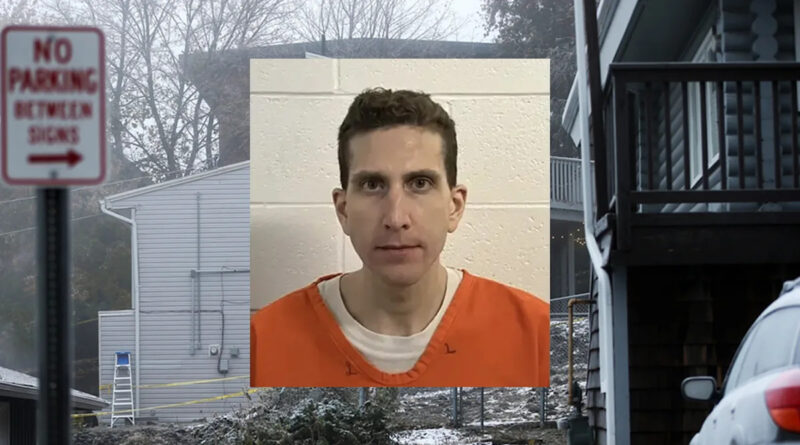Bryan Kohberger Gets Life Without Appeal For Idaho Murders, Big Questions Still Linger
Nearly three years after four University of Idaho students were brutally stabbed to death in their off-campus home, Bryan Kohberger has pleaded guilty to the murders and was sentenced to four consecutive life sentences without the possibility of parole or appeal.
The plea deal spares him the death penalty but leaves behind unanswered questions — including his motive and the whereabouts of the murder weapon.
The Ada County Sheriff’s Office was reportedly so inundated with calls and questions about the case that they released very limited documents online due to overwhelming public interest.
Kohberger, a former Ph.D. criminology student, offered no explanation for the Nov. 13, 2022, killings of Madison Mogen, Kaylee Goncalves, Xana Kernodle, and Ethan Chapin.
Now, investigators say they still don’t know why he targeted the house at 1122 King Road — or those young students.
Authorities revealed this week that Kohberger had used third-party software to wipe his phone and computers, effectively hiding much of his digital footprint. According to Fox 4, despite intensive investigation, the murder weapon — believed to be a “Ka-Bar” knife — was never found.
The only concrete link investigators disclosed before the murder case was Kohberger’s repeated visits near the victims’ home. He reportedly drove by the house at least a dozen times before the killings and he returned again about five hours after the attack
One chilling detail: an alleged selfie found on his phone taken shortly after the murders.
Despite widespread speculation about possible motives—ranging from online obsession to personal rejection—prosecutors said no definitive motive has been proven.
Kohberger’s phone and other devices gave up little, and his courtroom demeanor offered even less.
“Where is the knife?” and “Why that house?” are still open questions, detectives admitted in a post-sentencing press conference.
Judge Steven Hippler accepted the plea to spare the victims’ families further trauma. He called Kohberger a “faceless coward” and declared his “15 minutes of fame” over.
Investigators eventually captured Kohberger after matching the DNA from the knife sheath left at the scene with his genetic profile. Though the case lacked a confession or murder weapon, according to Fox 4 – officials said they were confident they would have caught him even without that final DNA match.
Additional documents from the investigation may be released in the coming months, potentially offering more insight into Kohberger’s motive.
Kohberger narrowly avoided execution.
As previously reported by The Dallas Express, Idaho lawmakers considered reinstating the firing squad following the murders.
In 2023, State Rep. Bruce Skaug (R) introduced legislation to make it the default method of execution — specifically citing cases like Kohberger’s. The state previously allowed the practice between 1982 and 2009.
Idaho ultimately passed House Bill 37, making it the first state to adopt the firing squad as its primary method of capital punishment. The new policy takes effect July 1, 2026.
While states like South Carolina, Utah, and Mississippi allow firing squads as a backup option, Idaho stands alone in making it standard procedure.
